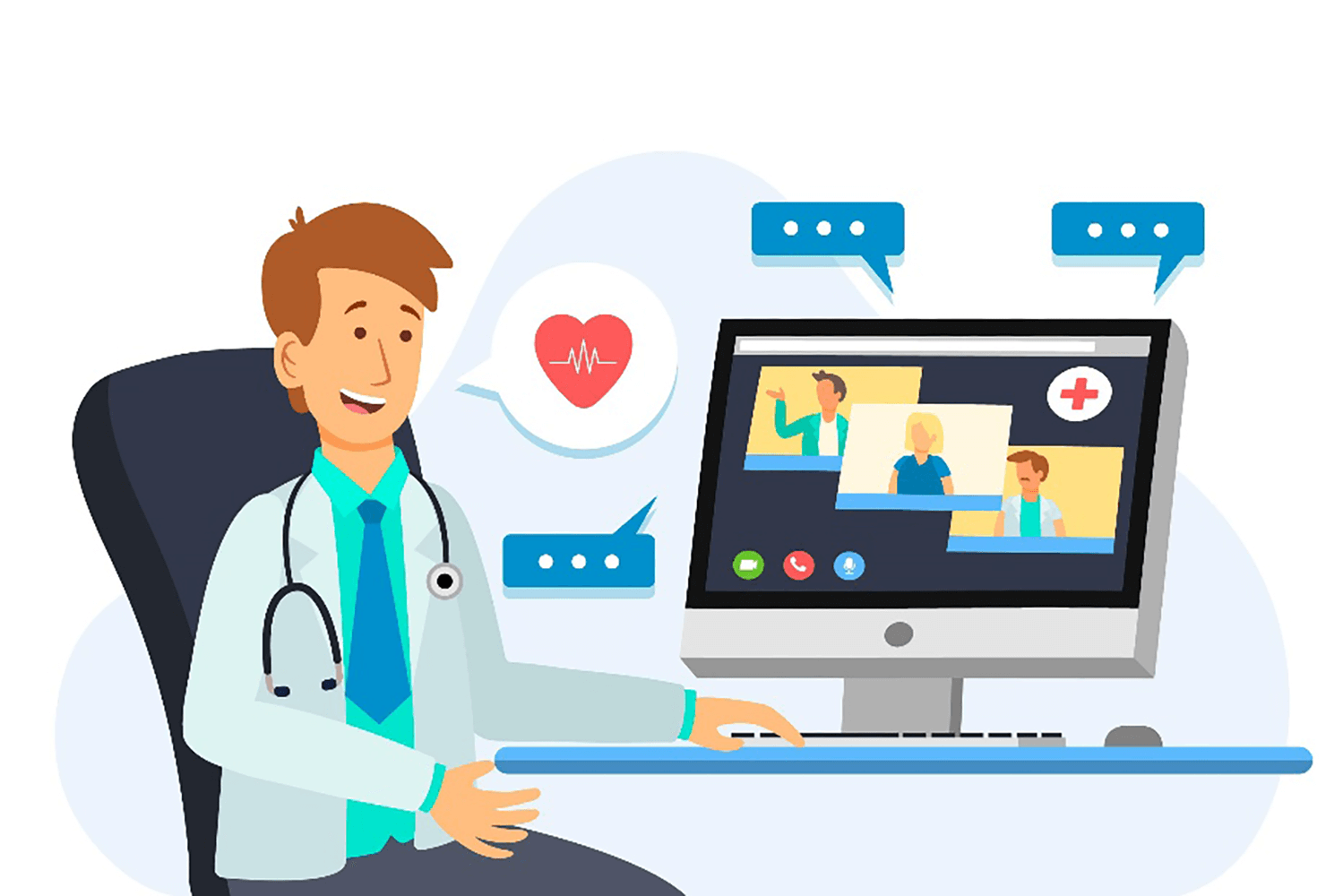Diabetes? High Blood Pressure? Depression? Or just want better health? Most likely, there is a gadget to track your health, and help you live a longer, healthier life.
Adopting wearable healthcare gadgets is one of the trends taking the industry by storm as we see more and more people taking their health into their own hands. Continuous health monitoring through health wearables allows unique, data-driven care where the doctor and patient take a “proactive” rather than “reactive” approach. Further, digital health software apps give vital data and biomarkers, playing a critical role in preventing disease.
For example, studies have shown the use of wearables for exercise. Most of us have heard of or use a “Fitbit” or “iWatch” – an activity tracker worn on your wrist that tracks steps, heart rate, and calories burned.
Atrial Fibrillation, a sometimes-serious heart rhythm, can be tracked on some watches, and provide critical data to your heart doctor.
Diabetes care has vastly improved with the advent of Continuous Glucose Monitors (CGMs). These wearable devices allow people to track their sugars all the time, providing real-time updates and alerts, thus helping people make decisions about medication, nutrition, and physical activity.
Mental Health issues? Yes, there are plenty of phone apps to help. For example, Headspace is a useful mental wellness tool that provides guided lessons on mindfulness, sleep, and stress reduction (www.headspace.com). Many of these tools can also help connect you with your trusted therapist too.
Furthermore, wearable devices, mobile technologies, and medical wireless biosensors can be used for clinical trials to obtain real-time data when enrolled subjects are at home, potentially leading to better patient engagement and clinical outcomes.
Worried about losing a loved one? Dementia is one of the biggest problems facing society today. Older people may wander off, in some cases far away from home, and may get lost and unable to return back.
Monitoring is essential to keep people with dementia safe from wandering. This is where sensors come into play. One can place a human detecting sensor near the home entrance, attach a GPS tracking device to a loved one, or have a device send an alarm when someone wanders away from the premises. Sensors can be placed into everyday products like a watch or a shoe. This is one solution to keep people with dementia safe from wandering, and also for children from getting lost.
Summary:
Wearable devices help people take a more active role in their own health. The data can provide feedback to you, as well as your healthcare provider, as you strive towards better health. Note, however, that data alone does not result in better health. One still needs to make the right choices – whether it be less sodium, fewer calories, or more sleep! Personally, I find it encouraging that more people are taking an active role with their own health.
All content and media above are created and published for informational purposes only. It is not intended to be a substitute for professional medical advice and should not be relied on as health or personal advice. Always seek the guidance of your doctor or other qualified health professional with any questions you may have regarding your health or a medical condition. Never disregard the advice of a medical professional, or delay in seeking it because of something you have read in this blog.


